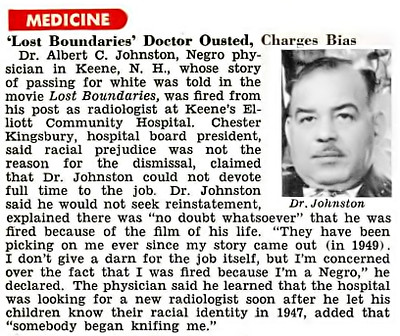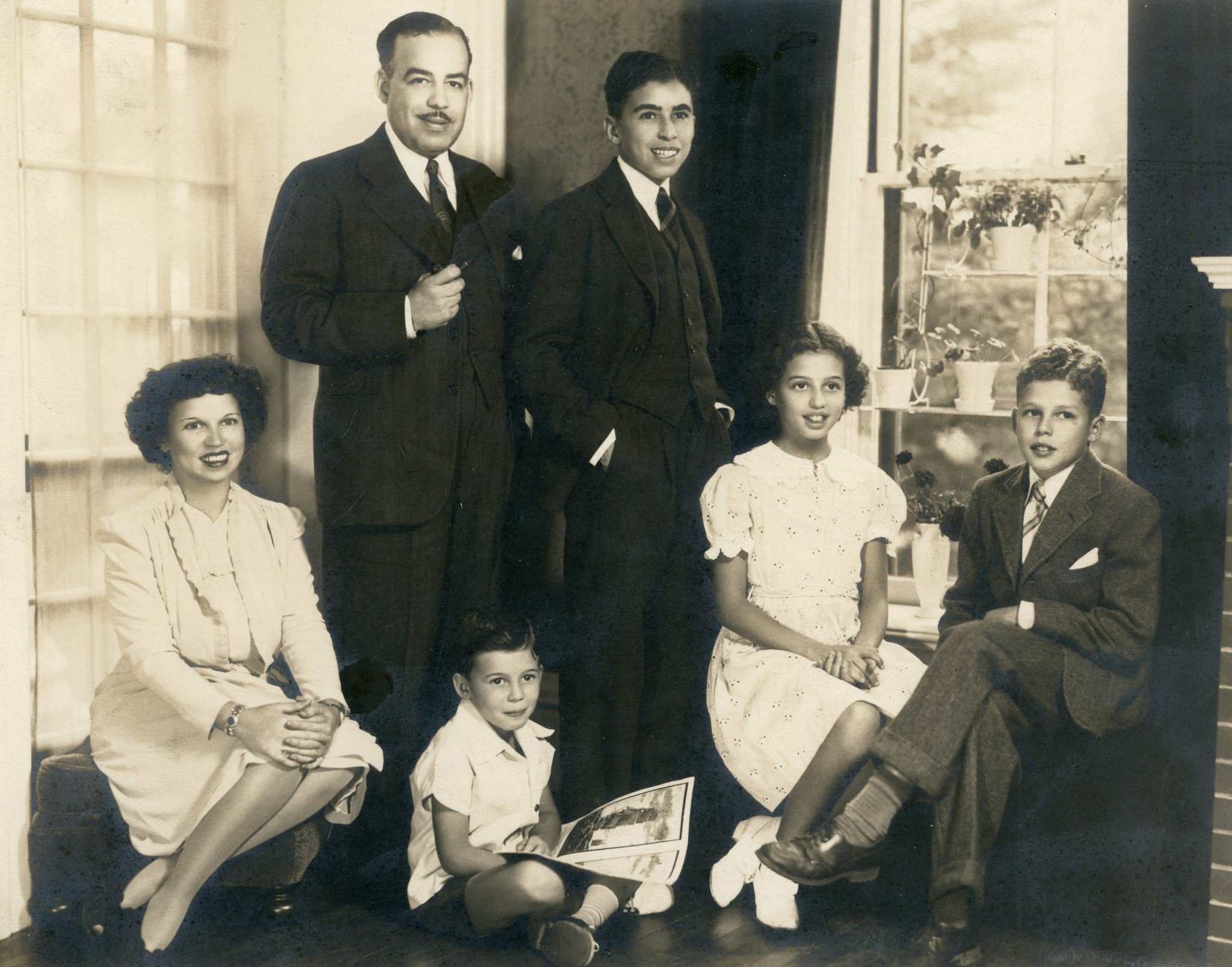Métis Rising: Living Our Present Through the Power of Our PastPosted in Anthologies, Books, Canada, Economics, History, Media Archive, Politics/Public Policy, Social Science on 2022-05-09 14:24Z by Steven |
Métis Rising: Living Our Present Through the Power of Our Past
University of British Columbia Press
2022-04-30
280 pages
6 x 9
3 b&w illus., 2 maps, 8 charts, 3 tables
Hardcover ISBN: 9780774880749
Yvonne Boyer and Larry Chartrand
Métis Rising draws on a remarkable cross-section of perspectives to tell the histories, stories, and dreams of people from varied backgrounds, demonstrating that there is no single Métis experience – only a common sense of belonging and a commitment to justice.
The contributors to this unique collection, most of whom are Métis themselves, examine often-neglected aspects of Métis existence in Canada. They trace a turbulent course, illustrating how Métis leaders were born out of the need to address abhorrent social and economic disparities following the Métis–Canadian war of 1885. They talk about the long and arduous journey to rebuild the Métis nation from a once marginalized and defeated people; their accounts ranging from personal reflections on identity to tales of advocacy against poverty and poor housing. And they address the indictment of the jurisdictional gap whereby neither federal nor provincial governments would accept governance responsibility towards Métis people.
Métis Rising is an extraordinary work that exemplifies how contemporary Métis identity has been forged by social, economic, and political concerns into a force to be reckoned with.
A must-read not only for scholars and students of Métis and Indigenous studies but for lawyers, policymakers, and all Canadians who wish a broader understanding of this country’s colonial past.



